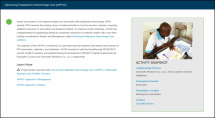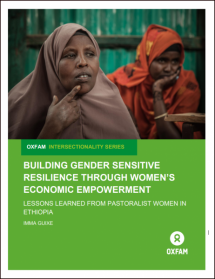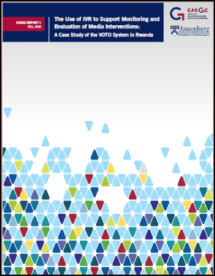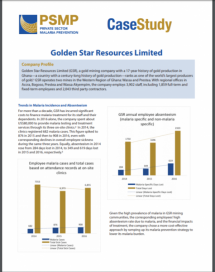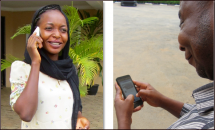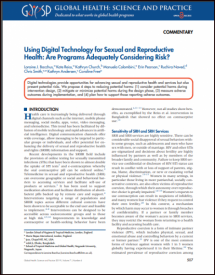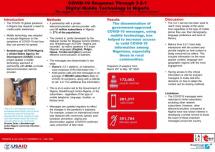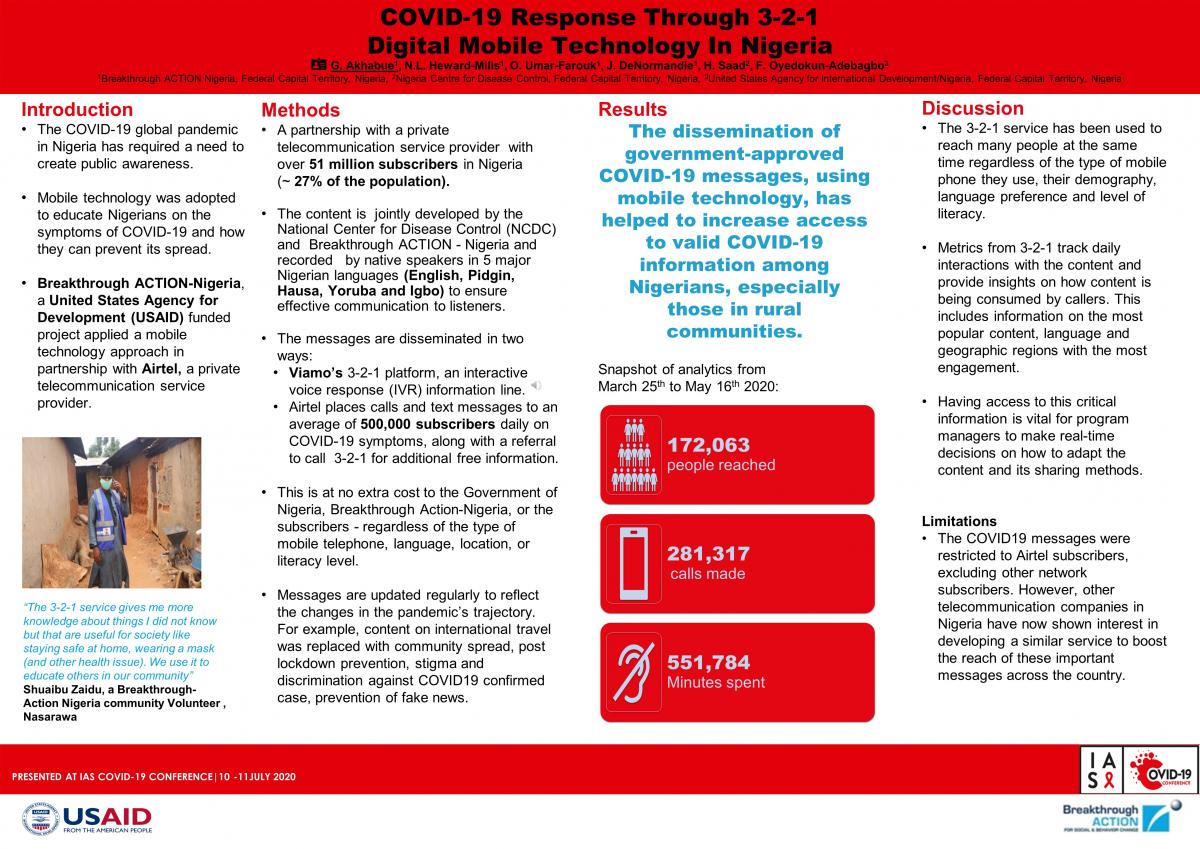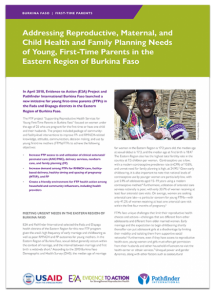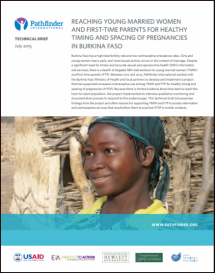Chipatala cha pa Foni, Malawi’s “Health Center by Phone,” Improving Information Given about Pregnancy-related Symptoms
The Health Center by Phone, or Chipatala cha pa Foni (CCPF), was developed by Malawi’s Ministry of Health and Village Reach as a community-based hotline in the Balaka district of Malawi.
This brief describes an activity that is part of a larger portfolio of USAID-funded research led by the Advancing Postpartum Hemorrhage Care (APPHC) Partnership focused on the prevention, detection, and management of Postpartum Hemorrhage (PPH), which continues to be the biggest threat to childbearing women in Malawi.
As part of APPHC scoping activities and stakeholder consultations in April 2019, CCPF was identified as an existing national health strategy with potential for providing Malawi’s women and their families important PPH information.
For more information contact Charlotte Warren, cwarren@popcouncil.org.
Source: Breakthrough RESEARCH/Population Council
Date of Publication: June 18, 2021
SIMILIAR RESOURCES
Tools
Examples
- Films about Coronavirus
- Toolkit to Spread Awareness and Take Action on COVID-19
- COVID-19: Keeping Young People Healthy
- How to Improve Access to Malaria Treatment in the Private Sector [Webinar]
- Business Planning for Health: Building Organizational Capacity to Improve Health
- SBCC for Malaria in Pregnancy: Strategy Development Guidance
- Promoting Uptake of Intermittent Preventive Treatment of Malaria in Pregnancy
- COVID-19 in Pregnancy and Lactation
- Private Sector Counts
- How Businesses Can Invest in Women and Realize Returns

